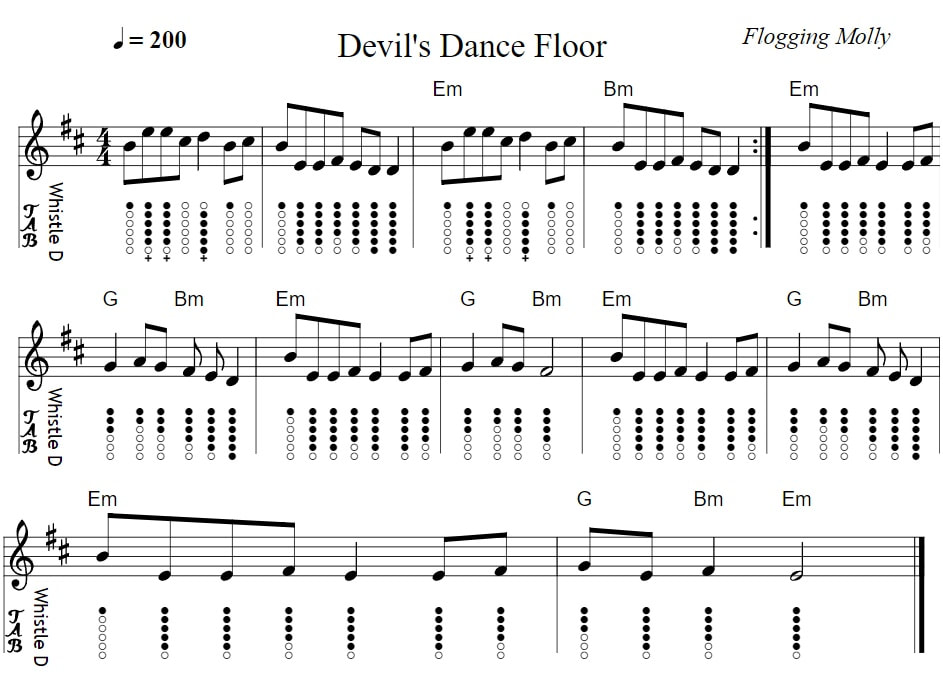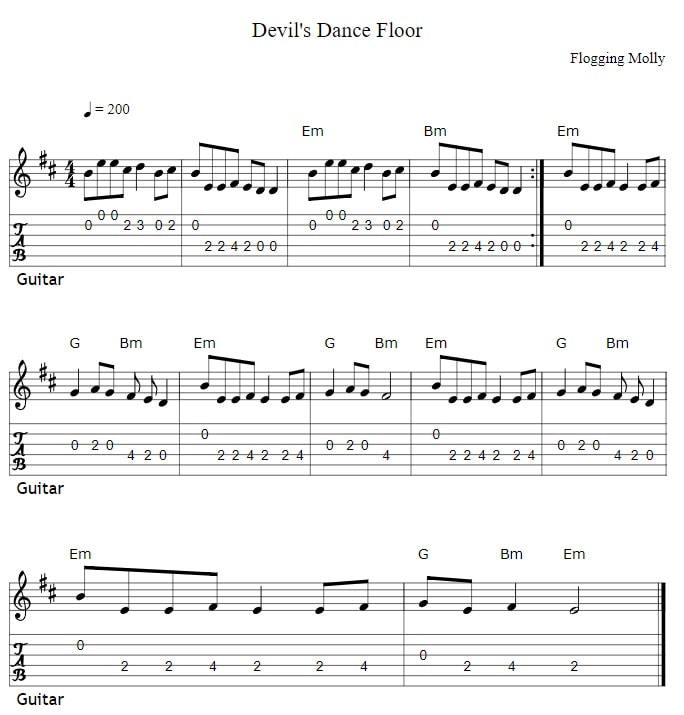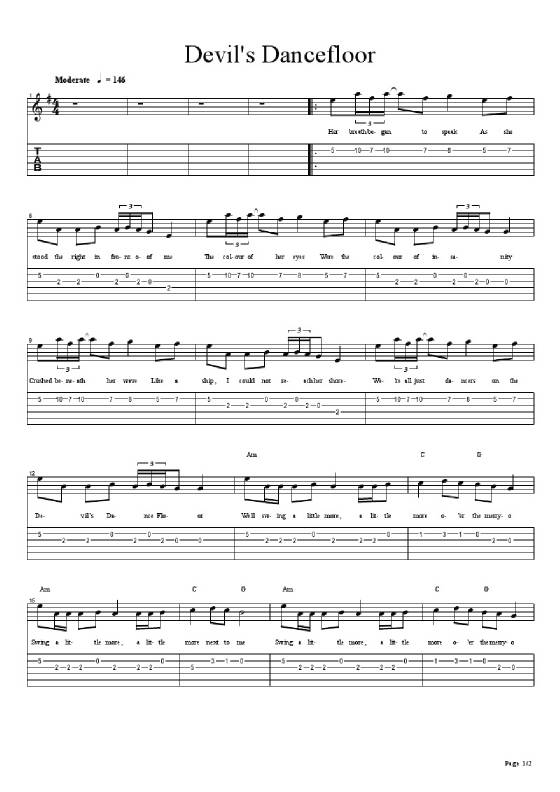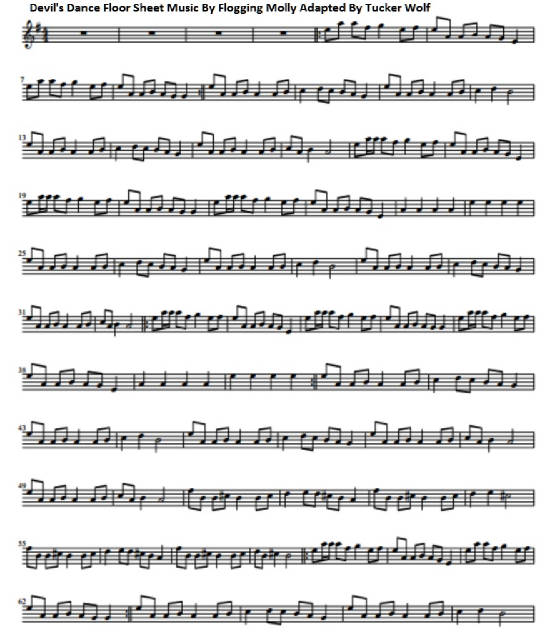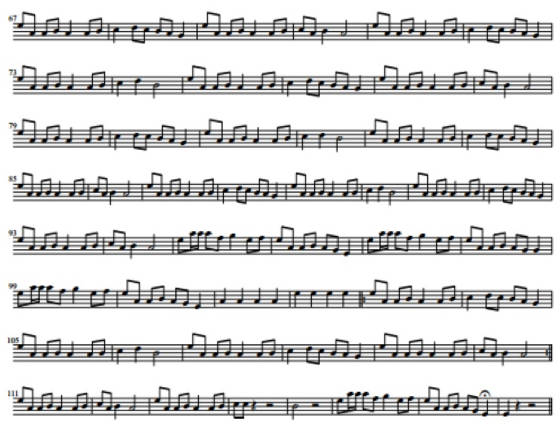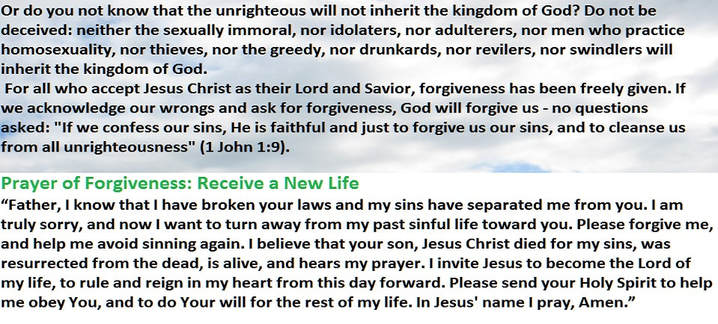Devil's Dancefloor Sheet Music And Tab.
Tin Whistle Notes By Flogging Molly with guitar chords and tab. The music was transcribed by Danial. It's 4/4 timing. The tab is included for guitar.
: The Evolution of Celtic Punk
Introduction
Celtic punk is a genre that has been gaining popularity over the years, blending traditional Celtic music with the energy and attitude of punk rock. While there have been various bands and artists that have contributed to the evolution of this genre, one band stands out in particular – Flogging Molly. Formed in Los Angeles in 1997, the band has become synonymous with Celtic punk and has played a significant role in shaping and popularizing the genre. This thesis will explore the evolution of Celtic punk through the lens of Flogging Molly, analyzing their musical style, lyrical content, and impact on the genre.
Musical Style
One of the defining characteristics of Celtic punk is the fusion of traditional Celtic instruments with the fast-paced rhythms and aggressive vocals of punk rock. Flogging Molly has mastered this fusion, creating a unique sound that sets them apart from other Celtic punk bands. Their use of instruments such as fiddle, accordion, and mandolin, along with the traditional punk rock lineup of guitar, bass, and drums, creates a dynamic and energetic sound that is both unmistakably Celtic and punk.
The band’s musical style has evolved over the years, with their earlier songs leaning more towards traditional Celtic music, while their later albums incorporate a heavier punk influence. For example, their first album, “Swagger,” released in 2000, has a more traditional Celtic sound, with songs like “The Worst Day Since Yesterday” and “Drunken Lullabies” showcasing the band’s use of traditional Irish instruments. However, their later albums, such as “Float” (2008) and “Speed of Darkness” (2011), have a more prominent punk influence, with faster tempos, heavier guitar riffs, and more aggressive vocals.
Lyrical Content
Another defining aspect of Celtic punk is the lyrics, which often touch upon themes of rebellion, struggle, and resilience – all of which are deeply ingrained in both Celtic and punk cultures. Flogging Molly’s lyrics are no exception, with frontman Dave King’s Irish roots heavily influencing the band’s songwriting.
Many of their songs tell stories of Irish history and culture, such as “Rebels of the Sacred Heart,” which pays tribute to the Irish rebels of 1916, and “The Seven Deadly Sins,” which references the seven traditional Irish virtues. Other songs, such as “The Lightning Storm” and “Devil’s Dance Floor,” focus on themes of struggle and resilience, with the latter even featuring a traditional Irish blessing in the lyrics.
However, Flogging Molly’s lyrics also touch on more universal themes, such as love, loss, and the human experience. Songs like “If I Ever Leave This World Alive” and “Float” showcase the band’s ability to write poignant and emotional lyrics that resonate with listeners beyond just the Celtic punk community.
Impact on the Genre
Flogging Molly’s success and popularity have played a crucial role in the evolution of Celtic punk. Since their formation, the band has released seven studio albums, toured extensively, and played at major music festivals around the world. This exposure has not only helped them gain a significant fan base but has also brought attention to the Celtic punk genre as a whole.
Their influence on other Celtic punk bands is also evident, with many artists citing Flogging Molly as a major influence on their music. For example, Dropkick Murphys, another popular Celtic punk band, has often been compared to Flogging Molly, with both bands sharing a similar sound and lyrical themes.
Conclusion
In conclusion, Flogging Molly has played a significant role in the evolution of Celtic punk. Their unique musical style, meaningful lyrics, and impact on the genre have solidified their place as one of the most influential bands in this genre. With their continued success and influence, it is safe to say that Flogging Molly will continue to shape and evolve the sound of Celtic punk for years to come.
Introduction
Celtic punk is a genre that has been gaining popularity over the years, blending traditional Celtic music with the energy and attitude of punk rock. While there have been various bands and artists that have contributed to the evolution of this genre, one band stands out in particular – Flogging Molly. Formed in Los Angeles in 1997, the band has become synonymous with Celtic punk and has played a significant role in shaping and popularizing the genre. This thesis will explore the evolution of Celtic punk through the lens of Flogging Molly, analyzing their musical style, lyrical content, and impact on the genre.
Musical Style
One of the defining characteristics of Celtic punk is the fusion of traditional Celtic instruments with the fast-paced rhythms and aggressive vocals of punk rock. Flogging Molly has mastered this fusion, creating a unique sound that sets them apart from other Celtic punk bands. Their use of instruments such as fiddle, accordion, and mandolin, along with the traditional punk rock lineup of guitar, bass, and drums, creates a dynamic and energetic sound that is both unmistakably Celtic and punk.
The band’s musical style has evolved over the years, with their earlier songs leaning more towards traditional Celtic music, while their later albums incorporate a heavier punk influence. For example, their first album, “Swagger,” released in 2000, has a more traditional Celtic sound, with songs like “The Worst Day Since Yesterday” and “Drunken Lullabies” showcasing the band’s use of traditional Irish instruments. However, their later albums, such as “Float” (2008) and “Speed of Darkness” (2011), have a more prominent punk influence, with faster tempos, heavier guitar riffs, and more aggressive vocals.
Lyrical Content
Another defining aspect of Celtic punk is the lyrics, which often touch upon themes of rebellion, struggle, and resilience – all of which are deeply ingrained in both Celtic and punk cultures. Flogging Molly’s lyrics are no exception, with frontman Dave King’s Irish roots heavily influencing the band’s songwriting.
Many of their songs tell stories of Irish history and culture, such as “Rebels of the Sacred Heart,” which pays tribute to the Irish rebels of 1916, and “The Seven Deadly Sins,” which references the seven traditional Irish virtues. Other songs, such as “The Lightning Storm” and “Devil’s Dance Floor,” focus on themes of struggle and resilience, with the latter even featuring a traditional Irish blessing in the lyrics.
However, Flogging Molly’s lyrics also touch on more universal themes, such as love, loss, and the human experience. Songs like “If I Ever Leave This World Alive” and “Float” showcase the band’s ability to write poignant and emotional lyrics that resonate with listeners beyond just the Celtic punk community.
Impact on the Genre
Flogging Molly’s success and popularity have played a crucial role in the evolution of Celtic punk. Since their formation, the band has released seven studio albums, toured extensively, and played at major music festivals around the world. This exposure has not only helped them gain a significant fan base but has also brought attention to the Celtic punk genre as a whole.
Their influence on other Celtic punk bands is also evident, with many artists citing Flogging Molly as a major influence on their music. For example, Dropkick Murphys, another popular Celtic punk band, has often been compared to Flogging Molly, with both bands sharing a similar sound and lyrical themes.
Conclusion
In conclusion, Flogging Molly has played a significant role in the evolution of Celtic punk. Their unique musical style, meaningful lyrics, and impact on the genre have solidified their place as one of the most influential bands in this genre. With their continued success and influence, it is safe to say that Flogging Molly will continue to shape and evolve the sound of Celtic punk for years to come.
Below is the music that Tucker uses while playing the tune on his tin whistle. Adapted By Tucker Wolf
